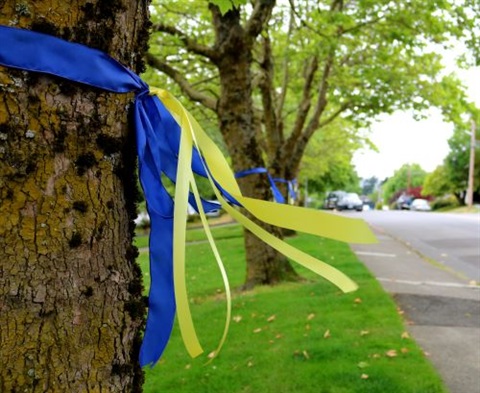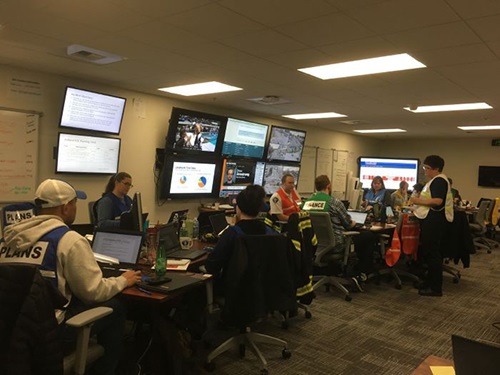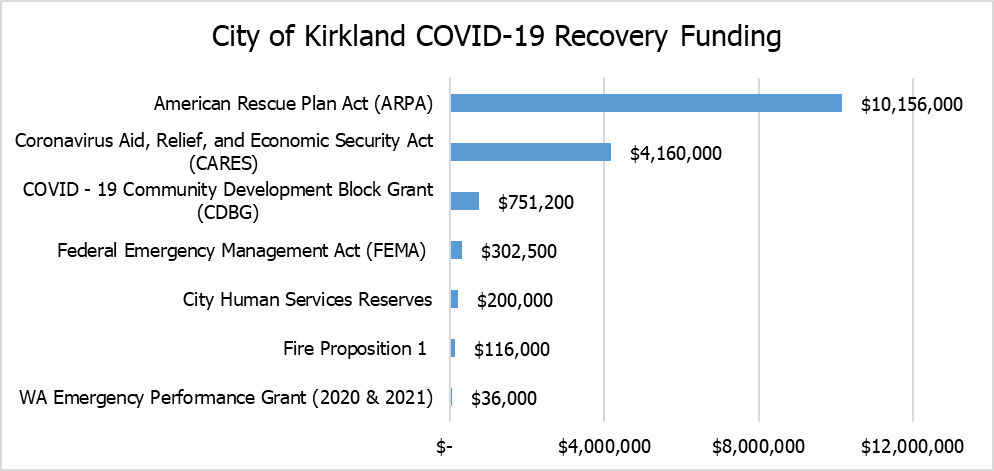
On February 29, 2020, three positive cases of COVID-19 were reported in the Kirkland community. Kirkland was propelled into the national news when one of these cases was recorded as the nation’s first COVID-19 death. That same day, the city activated its Emergency Operations Center (EOC) and Kirkland found itself as the epicenter of COVID-19 in the United States.
Following the outbreak of COVID-19 in the Kirkland community, City staff continued to work around the clock shifts at the EOC as the scale of the COVID-19 pandemic unfolded. City Hall was closed to the public on March 16, 2020 following the directives issued by Governor Inslee and Public Health – Seattle & King County. Although City Hall remained closed to the public until August 2, 2021, City staff worked continuously and in full numbers from remote locations and in reduced numbers on site standing up support and relief services. 
First responders provided vital care to Kirkland residents and went above and beyond to take care of the community. Over the course of the early months of the pandemic, 31 firefighters and 13 police officers had to isolate and quarantine due to COVID-19 exposure or infection. Messages of hope could be found on signs across the city, and Kirkland residents and volunteers came together to help those disproportionately impacted by COVID-19.
The video above is Kirkland’s 2021 State of the City, where City Council gives an overview of the City’s COVID-19 experience and response.

Diagram 1: The chart above demonstrates the sources for the City's COVID-19 recovery funding. The City dedicated $10,156,000 in American Rescue Plan Act funding, $4,160,000 in Coronavirus Aid, Relief, and Economic Security Act (CARES) funding, $751,200 in COVID-19 Community Development Block Grant (CDBG) funds, $302,500 from Federal Emergency Management Act (FEMA) reimbursements, $200,000 in City Human Services reserves, $116,000 from Fire Proposition 1, and $36,000 from Washington Emergency Performance Grant funds for 2020 and 2021.